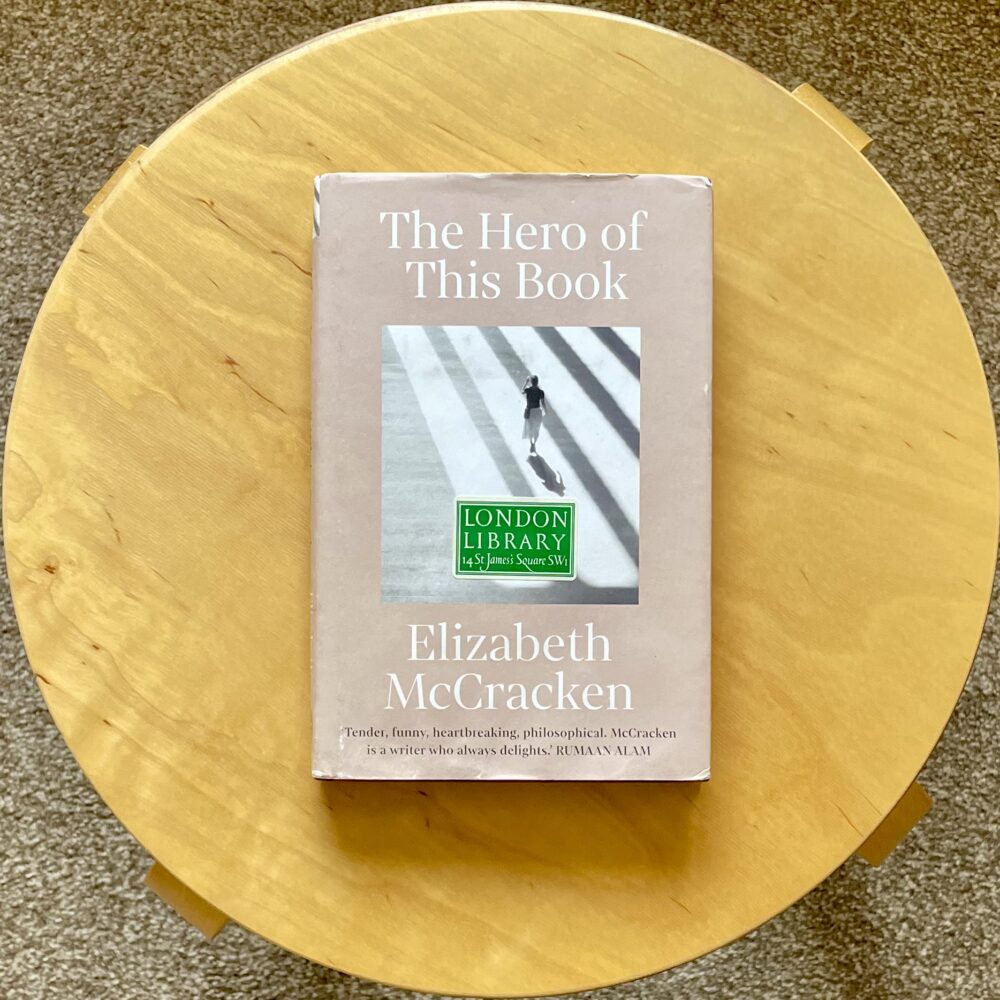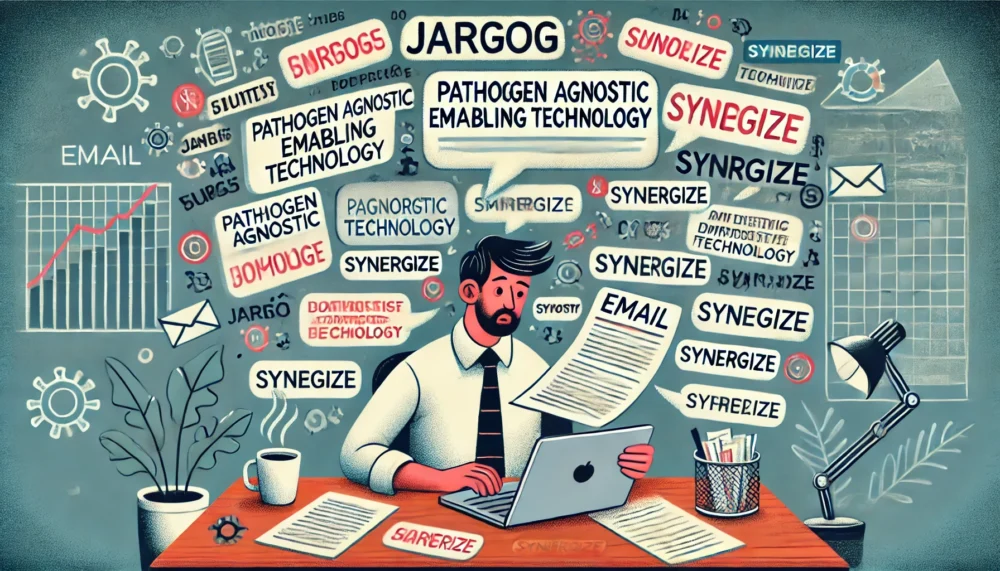‘The Hero of This Book’ by Elizabeth McCracken

It’s hard to know what to write about this 2022 novel. It is a reflection on a female writer’s lifelong relationship with her mother, who has recently died. The writer shares some characteristics with McCracken, and there is a lot of reflection in the text about the boundary between a novel and memoir.
This is one of those books where the standout quality is not the plot, nor even the memorable characterisations, but the writing itself: it is lyrical, evocative, funny, and clever. It is a complete pleasure to read, and I found sections of it to be deeply moving.
I have a strong suspicion that this is a book that would divide opinion: some will be turned off by the meta discussion of what it is and isn’t, the ambiguity about fact and fiction. But I found it beguiling, and perhaps you will too.
Here are a few of the many passages I noted down:
The least appetizing words in the world concern English food: salad cream, baps, butties, carvery, goujons.
Everyone knows that it’s noble to go to museums unaccompanied. Look at us solitary exhibition gawkers: We pause to read the captions, we wander the rooms at a thoughtful speed, we think things, and therefore we’re allowed to drink early and often.
“You never told me that your mother was a cripple,” a seventh-grade friend once said to me, and I said, shocked, “You never told me that your mother was fat.” I didn’t mean it unkindly. I had a fat father. The shock was partly the nineteenth-century awfulness of the word but also that she thought my mother’s physical self was something I should have mentioned. The point was that neither of us had described our mother’s body to the other. What twelve-year-old girl would? How would we have even brought it up?
I didn’t believe in hell or an afterworld of any sort. What netherworld could be more nether than this one?
I won’t point out the obvious—that my mother never said she loved me—because it’s academic. My mother loved me. It’s not a question. I knew it and she knew it. Her inability to say so felt no different from her inability, her refusal, to speak French.
When you’re old, safety is overrated. Safety is the bossy Irish lady, who is, after all, your employee, taking away your wineglass, saying, “That’s enough, that’s enough now, that’s enough now, darlin’.” Safety puts you in a nursing home and turns you over regularly so that you do not die in your sleep. You could be kept for years if you weren’t careful, like a roped-off chair in a museum that nobody is allowed to sit in, which makes it only something shaped like a chair. Watch out for safety. It will make you no longer yourself, only an object shaped that way.
There was plenty my mother didn’t tell me about being disabled and Jewish in small-town Iowa. Her memory for unhappiness and misery was terrible. Maybe she willed this into being and maybe it was neurological, but somehow I have inherited this tendency—of all my inheritances, it is my favorite, the most useful, though I do remember some grudges. She was (have I mentioned this? my mother herself would joke) stubborn. It served her well. She hid a lot of hard work and heartbreak. She wouldn’t take no for an answer, but that doesn’t mean people didn’t say no or you can’t or don’t or we can’t, all the time. I don’t know what doctors advised her about having children. At some point she decided she wouldn’t be deterred from a single thing she wanted to do, and she did it with good cheer. Not the good cheer of the storybook cripple (as my seventh-grade friend had called her), looking on the bright side, a bird in a cage. My mother’s good cheer was an engine that would burn you if you tried to touch it, hoping to switch it off. Her body was her body. It wasn’t something to overcome or accept any more than yours was.
I remember she was once presented with a piece of toast spread with Marmite, and she ate it all, and when asked how she liked it, she said, “I’m not eager to repeat the experience.”
Wife, daughter, mother, friend, some people write in their social-media biographies. Why on earth? Applying any words to who I am feels like a straight pin aimed at my insect self. I won’t have it. I can’t do it.
This post was filed under: Miscellaneous, Elizabeth McCracken.









